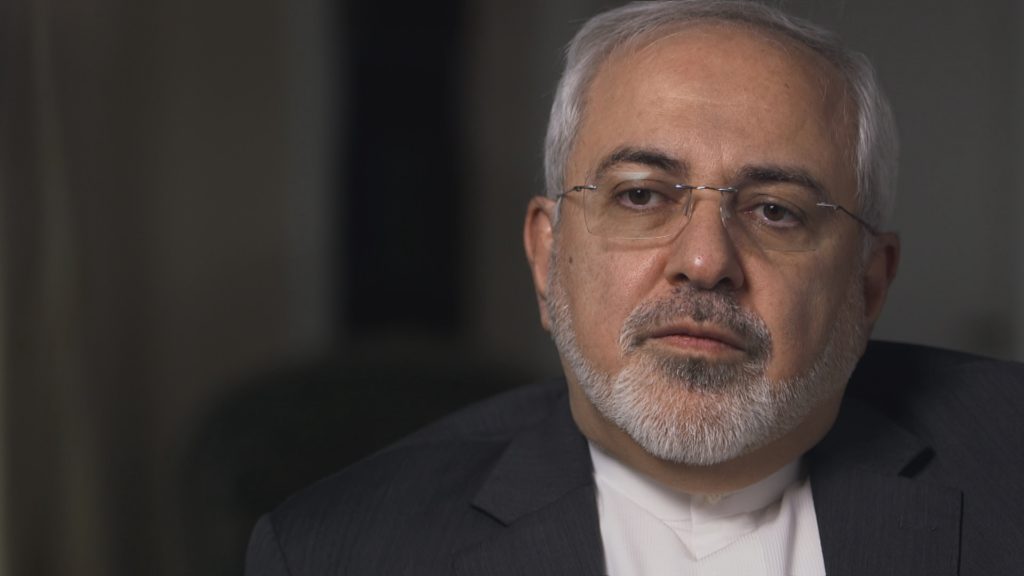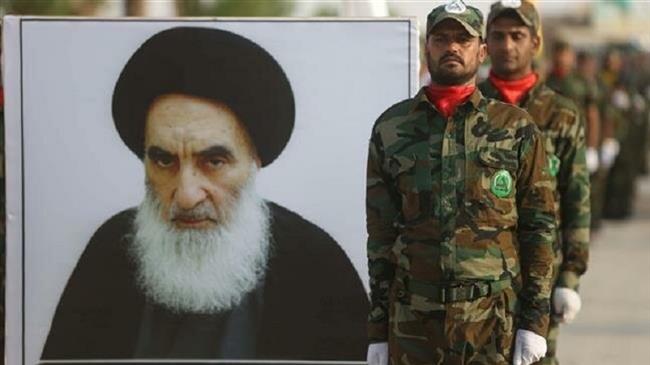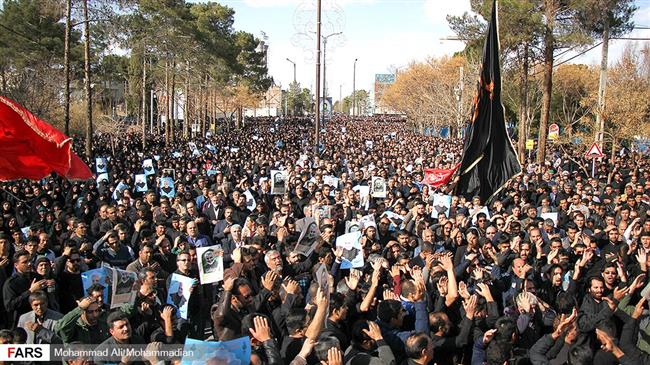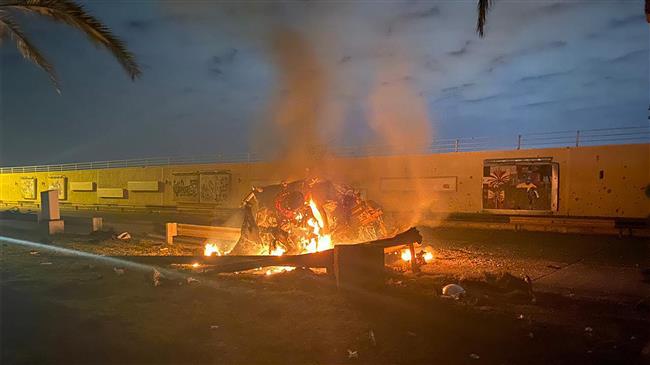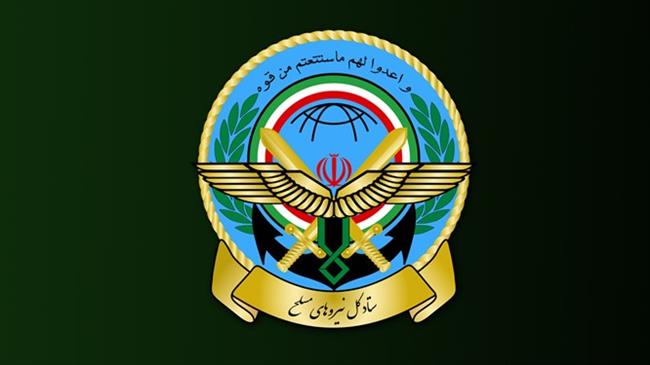Speaking to NBC, Iranian Foreign Minister Javad Zarif signalled Tehran’s readiness to discuss its ballistic missile programme with Washington, but added that the US should first halt its arms trade in the Middle East.
Publish dateWednesday 17 July 2019 - 18:38
Story Code : 188536
“If you want to discuss ballistic missiles, then we need to discuss the amount of weapons that are sold to our region. […] So if they want to talk about our missiles, they need first to stop selling all these weapons, including missiles” to the region, Zarif emphasised, in an apparent reference to the US.
He also made it clear that Tehran would negotiate its ballistic missile programme and restart talks with the US on the 2015 Iran nuclear deal only after Washington lifts its harsh economic sanctions against the Islamic Republic.
“It is the United States that left the bargaining table, and they’re always welcome to return”, Zarif pointed out, slamming the anti-Iranian sanctions as something that targets “not military personnel, but civilians”.
Iran earlier insisted that its ballistic missile programme is purely defensive in nature and is the most important component of the country’s sovereignty, adding that the entire matter is non-negotiable.
Zarif spoke as CBS reported about a visit by General Frank McKenzie, top US military commander for the Middle East, to the Persian Gulf amid reports of Washington’s “suspicions” that Tehran had seized a United Arab Emirates (UAE)-based oil tanker in the Gulf.
The Iranian Foreign Ministry stated that the country’s Navy came to the assistance of a disabled foreign oil tanker in the Gulf and “used a tugboat to pull it towards Iranian waters for the necessary repairs to be carried out”.
The developments come against the backdrop of increasing US-Iranian tensions that escalated after Tehran announced it was suspending implementation of some of its commitments under the Iran deal, also known as the Joint Comprehensive Plan of Action (JCPOA).
The move was followed by Washington slapping more sanctions on Iran, also sending an aircraft carrier strike group, B-52 bombers, F-15 fighters and Patriot missiles to the Middle East in what National Security Adviser John Bolton described as a “direct message” to Tehran.
Tensions further exacerbated after Iran’s Islamic Revolutionary Guards Corps said last month that they had shot down a US spy drone inside Iranian airspace. Washington insists that the drone was downed over international waters.
The Islamic Republic has repeatedly underscored that it doesn’t want a war with the US, but that it is ready to retaliate if necessary.
He also made it clear that Tehran would negotiate its ballistic missile programme and restart talks with the US on the 2015 Iran nuclear deal only after Washington lifts its harsh economic sanctions against the Islamic Republic.
“It is the United States that left the bargaining table, and they’re always welcome to return”, Zarif pointed out, slamming the anti-Iranian sanctions as something that targets “not military personnel, but civilians”.
Iran earlier insisted that its ballistic missile programme is purely defensive in nature and is the most important component of the country’s sovereignty, adding that the entire matter is non-negotiable.
Zarif spoke as CBS reported about a visit by General Frank McKenzie, top US military commander for the Middle East, to the Persian Gulf amid reports of Washington’s “suspicions” that Tehran had seized a United Arab Emirates (UAE)-based oil tanker in the Gulf.
The Iranian Foreign Ministry stated that the country’s Navy came to the assistance of a disabled foreign oil tanker in the Gulf and “used a tugboat to pull it towards Iranian waters for the necessary repairs to be carried out”.
The developments come against the backdrop of increasing US-Iranian tensions that escalated after Tehran announced it was suspending implementation of some of its commitments under the Iran deal, also known as the Joint Comprehensive Plan of Action (JCPOA).
The move was followed by Washington slapping more sanctions on Iran, also sending an aircraft carrier strike group, B-52 bombers, F-15 fighters and Patriot missiles to the Middle East in what National Security Adviser John Bolton described as a “direct message” to Tehran.
Tensions further exacerbated after Iran’s Islamic Revolutionary Guards Corps said last month that they had shot down a US spy drone inside Iranian airspace. Washington insists that the drone was downed over international waters.
The Islamic Republic has repeatedly underscored that it doesn’t want a war with the US, but that it is ready to retaliate if necessary.
avapress.net/vdcaean6i49nam1.tgk4.html
Tags
Top hits
